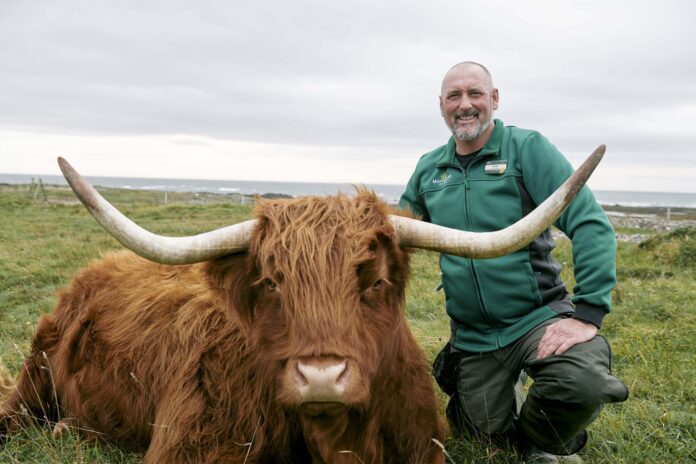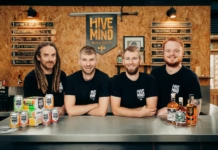- Morrisons aims to be the first supermarket to develop a seaweed supplement for beef cattle using seaweed sourced by UK fishermen –
- Early findings indicate that UK seaweed reduces methane emissions and is preferable to imported red seaweed tested in other studies –
- Morrisons is funding a PhD project at Queen’s University Belfast as part of the three-year trial –
Morrisons is working with Queen‘s University Belfast on a three-year trial looking at the use of seaweed from the UK in helping to reduce methane production in cattle.
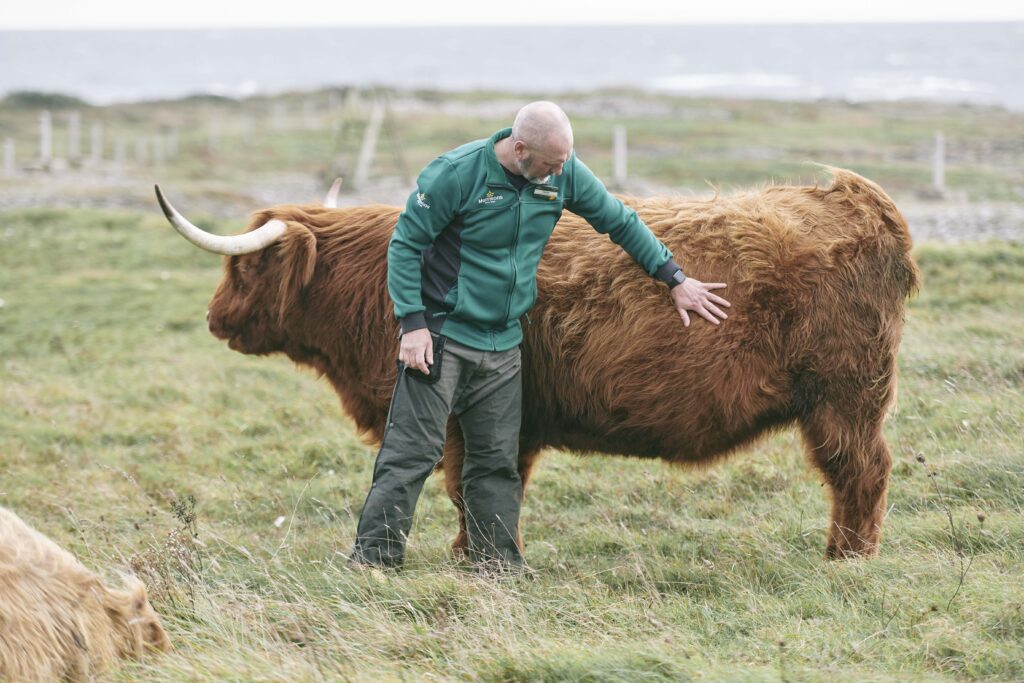
The innovative research programme is being led by Professor Sharon Huws and Dr Katerina Theodoridou of the Institute for Global Food Security (IGFS) at the university and is testing indigenous seaweed from the Irish and UK coastlines. The aim is to evaluate the nutritional value of seaweed and assess its potential to reduce methane emissions, improve animal health, and enhance meat and milk quality.
The research is yet to be published, but early signs are promising and indicate that seaweed from the North and Irish Seas is not only effective in reducing methane, but potentially preferable to the imported red seaweed tested in other studies which contains the ozone-destructive compound bromoform. Scientific research earlier this year found that cows belched out 82 per cent less methane after putting a small amount of red seaweed in their feed.* Indigenous UK sourced seaweed contains active compounds called phlorotannins which are safe and often found in red wine and red berries. Phlorotannins are also anti-bacterial and improve immunity and so have additional health benefits for cows.
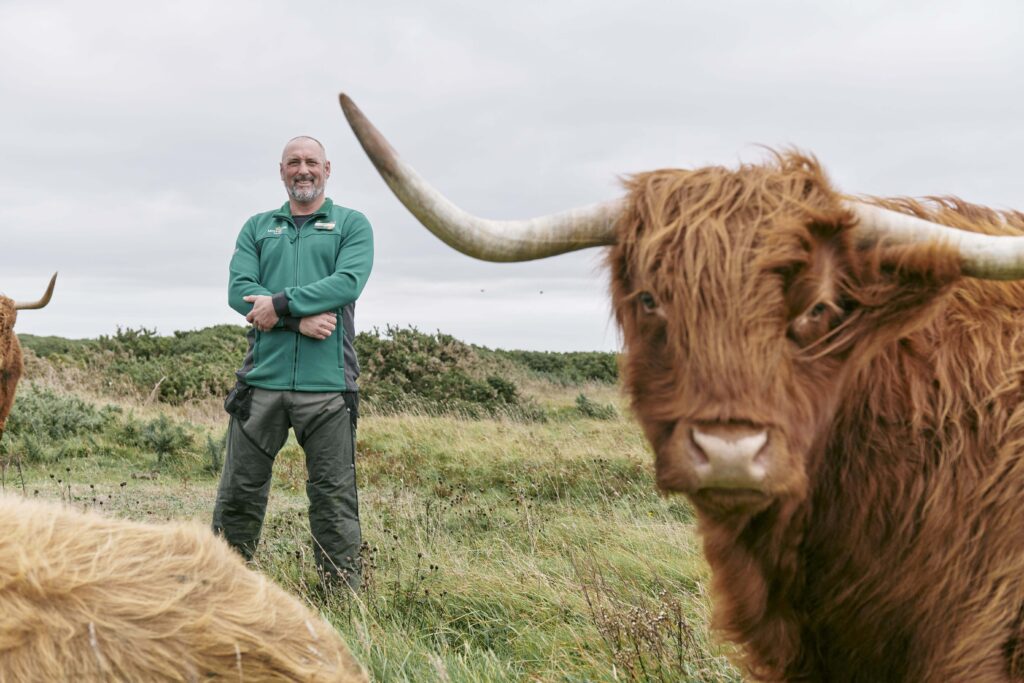
Working with its beef farmers, Morrisons will take the learnings out of the lab and put them to practice in the fields. It plans to work with UK fishermen who already supply its stores, to source seaweed which would then be converted into a supplement.
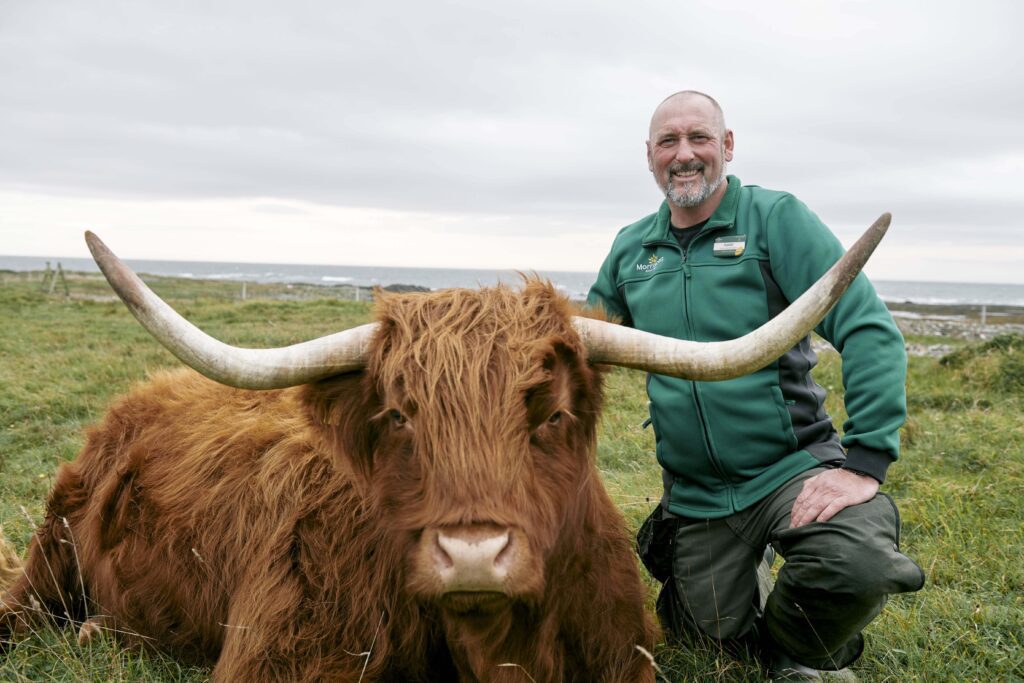
Morrisons is funding and supporting the programme and a PhD research project at IGFS. A significant part of this is providing access for a PhD student to manage trials in methane reduction on commercial partner farms.
Cows produce methane via microbes in their stomachs as they digest fibrous food in a process similar to fermentation. Methane is a major greenhouse gas. It does not last as long as carbon dioxide in the atmosphere but is more than 30 times as effective in trapping heat. UK agriculture currently accounts for 10 per cent of all UK greenhouse gas emissions. Within this, beef farming is the most carbon intensive – generating 45 per cent of carbon emissions for only five per cent of products sold. Nearly half of this is down to methane produced by cattle.
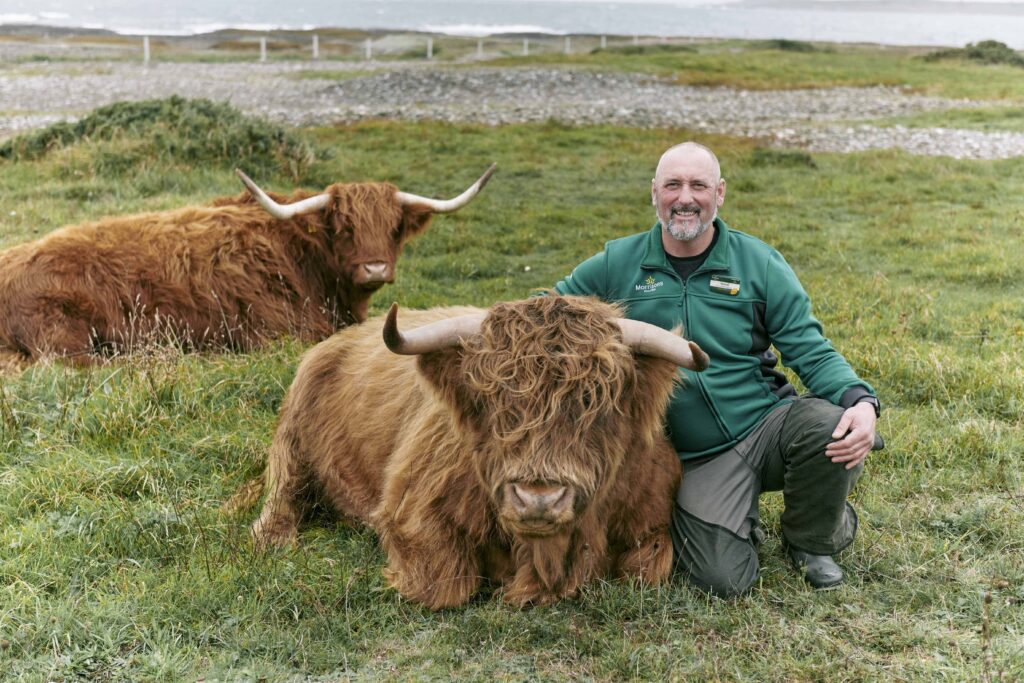
Professor Sharon Huws, Professor of Animal Science and Microbiology of IGFS and who is leading the research programme at Queen‘s University Belfast, said: “We are excited to publish our lab research in due course. This is showing that, of several UK seaweeds tested in the lab, at least one is indicating a reduction in methane production. The next step will be to trial the effective seaweeds as nutritional supplements for cows and this will be managed by a Morrisons-funded PhD student. This is a truly innovative partnership between a retailer and researchers. The involvement of Morrisons means that effective methane reduction can be rolled out to Morrisons farmers’ herds of beef cows, and the seaweed needed can be sourced through its relationships with fisheries.”
Sophie Throup, Head of Agriculture at Morrisons, said: “As British farming’s biggest customer, we’re very mindful of our role in supporting and inspiring the farmers we work with to help them achieve goals in sustainable farming. With our own livestock experts and direct relationships with farmers we’re able to make changes quickly. By supporting this PhD studentship and wider research we are trialling this natural approach to reducing the environmental emissions caused by burps and flatulence from cows – as well as improving the quality of beef products.”

Morrisons has already embarked on a programme to be completely supplied by net zero carbon British farms by 2030, five years ahead of the market. Over the next nine years, Morrisons is working with its 3,000 farmers and growers to produce affordable net zero carbon meat, poultry, fruit and vegetables. As part of the programme, Morrisons will also work with universities, farming and countryside organisations and carbon experts.
In 2020 Morrisons set a business target to be net zero by 2040 and set an ambition to be net zero within its UK agriculture supply chain from the farmers who supply Morrisons directly by 2030.
IGFS at Queen’s University is at the forefront of international research into reducing GHG emissions from food systems, including providing science to help UK farmers move towards a zero-carbon model, in line with the UK’s overall ambition of carbon neutrality by 2050.
[*Source: Red seaweed (Asparagopsis taxiformis) supplementation reduces enteric methane by over 80 per cent in beef steers, March 2021, https://journals.plos.org/plosone/article?id=10.1371/journal.pone.0247820]

| [donate]
| Help keep news FREE for our readersSupporting your local community newspaper/online news outlet is crucial now more than ever. If you believe in independent journalism,then consider making a valuable contribution by making a one-time or monthly donation. We operate in rural areas where providing unbiased news can be challenging. |
















